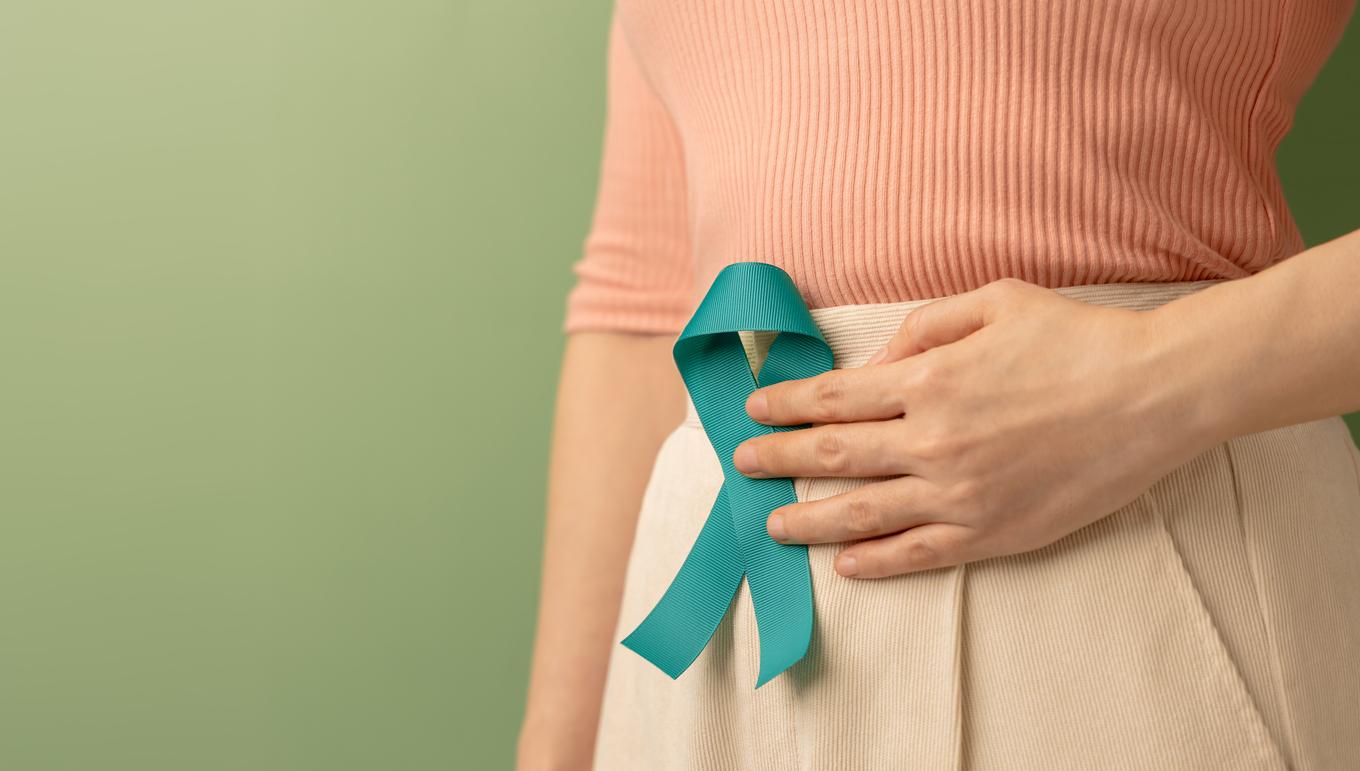In Scotland, patients who received the human papillomavirus vaccine at the age of 12-13 did not develop cervical cancer.

- The human papillomavirus vaccine prevents the development of cervical cancer.
- Even one or two doses a month apart confer a benefit if given at age 12-13.
- At older ages, three doses are needed for vaccine effectiveness to be significant.
The vaccine against human papillomavirus (HPV), a virus transmitted by skin-to-skin contact during sexual intercourse, is very effective in preventing the development of cervical cancer. This was recently revealed by a recent study carried out by Public Health Scotland, in collaboration with the Universities of Strathclyde and Edinburgh. In Scotland, vaccination has been offered as part of school programs to all pupils since 2008. It helps protect boys and girls against other HPV-related cancers later in life, such as head cancers. , neck and anogenital (anus, vulva, vagina, penis), as well as genital warts.
HPV: no cervical cancer in women vaccinated at ages 12 and 13
As part of their work, the researchers analyzed data from women born between January 1, 1988 and June 5, 1996, which were extracted from the Scottish Cervical Cancer Screening Register in July 2020. In parallel , they examined cancer and HPV vaccination registries. “The incidence of cervical cancer per 100,000 person-years and vaccine effectiveness were correlated with vaccination status, age at vaccination and standard of living,” can we read in the research published in the journal Journal of the National Cancer Institute.
According to the results, vaccination against papillomavirus proved effective in preventing cervical cancer, since no cases of cervical cancer have been detected to date in vaccinated women, who received their first dose at the ages of 12 and 13. Participants who received the vaccine between the ages of 14 and 22 and who received three doses showed a significant reduction in incidence compared to those who were not vaccinated. The team found that women living in the most deprived areas also had a lower risk of developing cervical cancer after three doses of the vaccine.

“Screening can detect changes in the cells of the cervix”
“Although the HPV vaccine protects against many of the different types of papillomaviruses that cause cancer, it cannot protect against all of them and it is still important to get screened regularly for cervical cancer. Screening can detect changes in the cells of the cervix, even if you feel healthy and have no symptoms. If these changes are detected early, they are much easier to treat.” said Dr Tasmin Sommerfield, who works at the National Screening Oversight (NSO), in a statement.

















